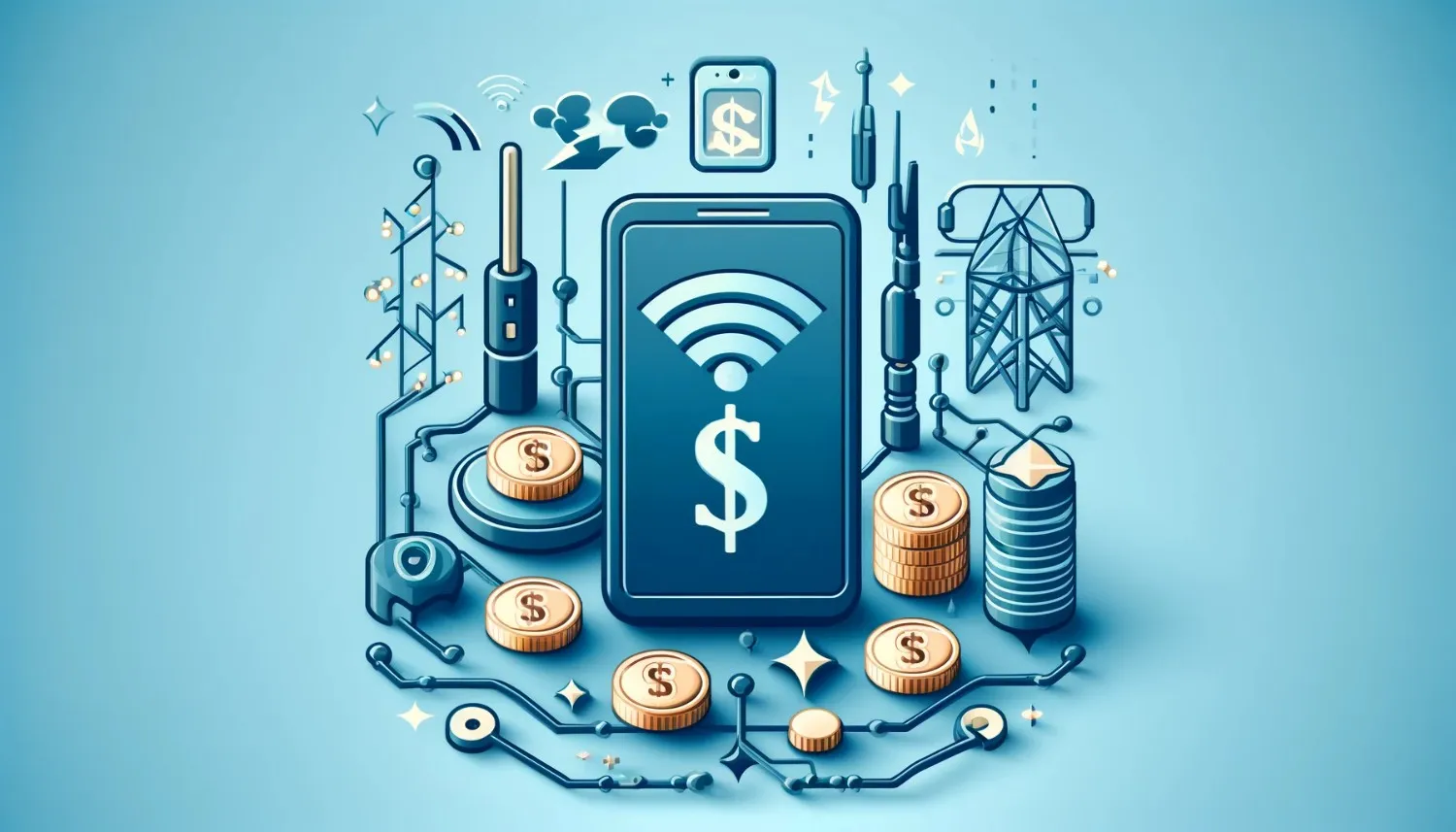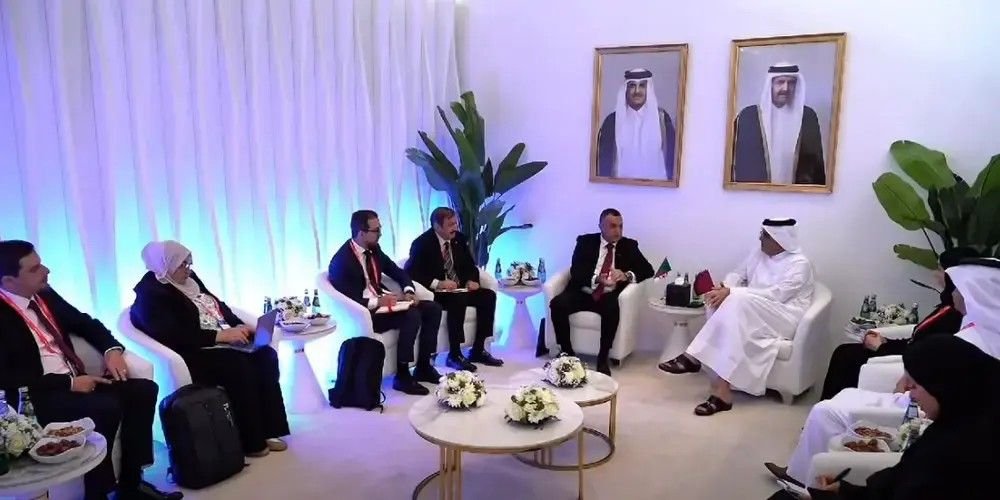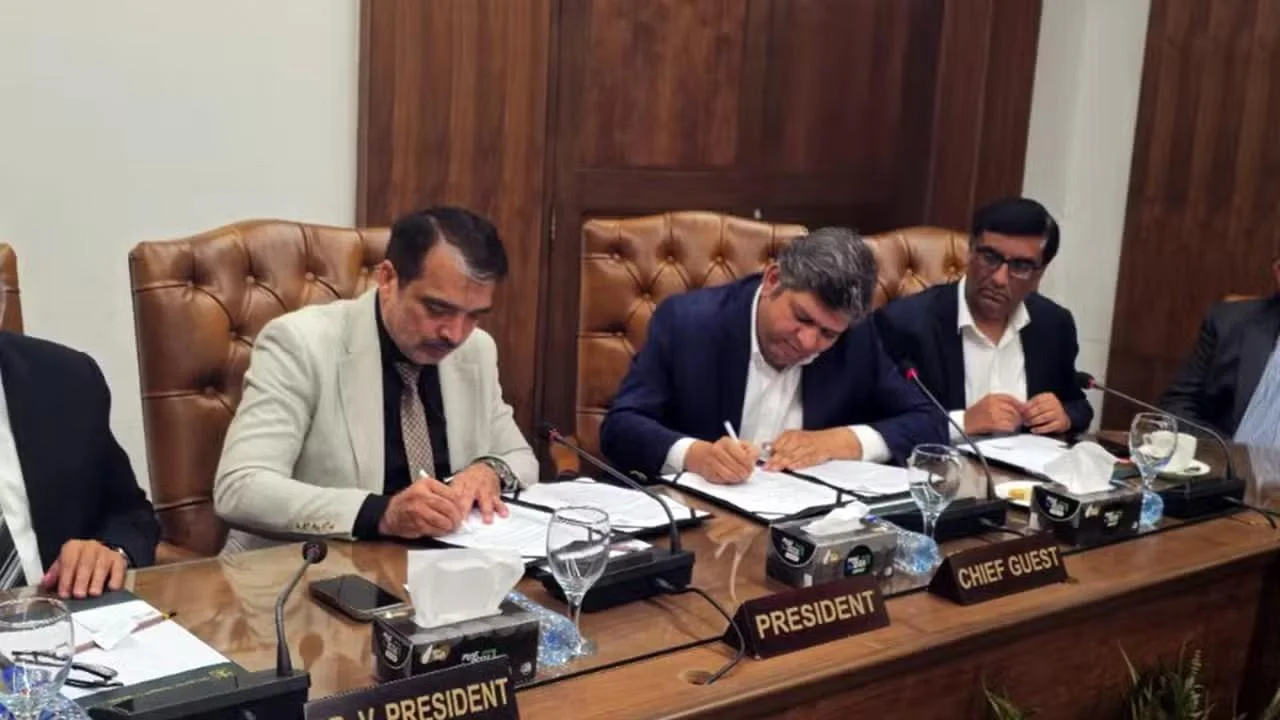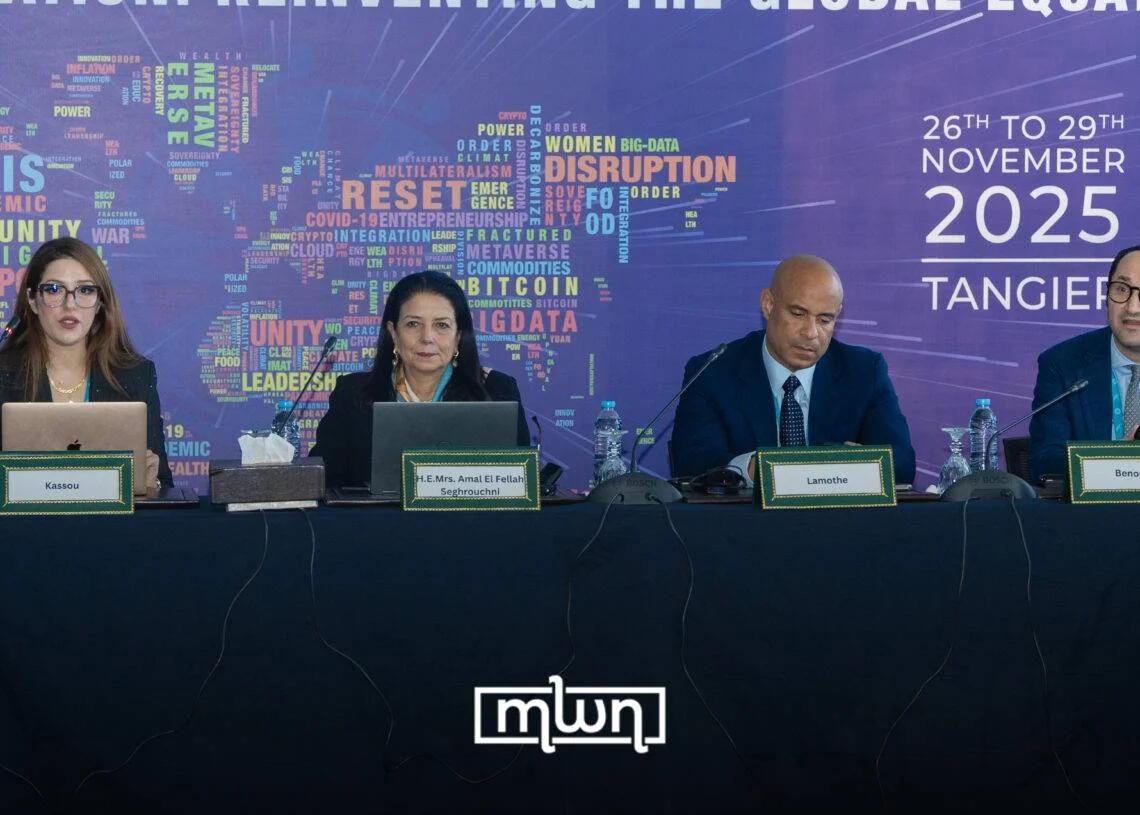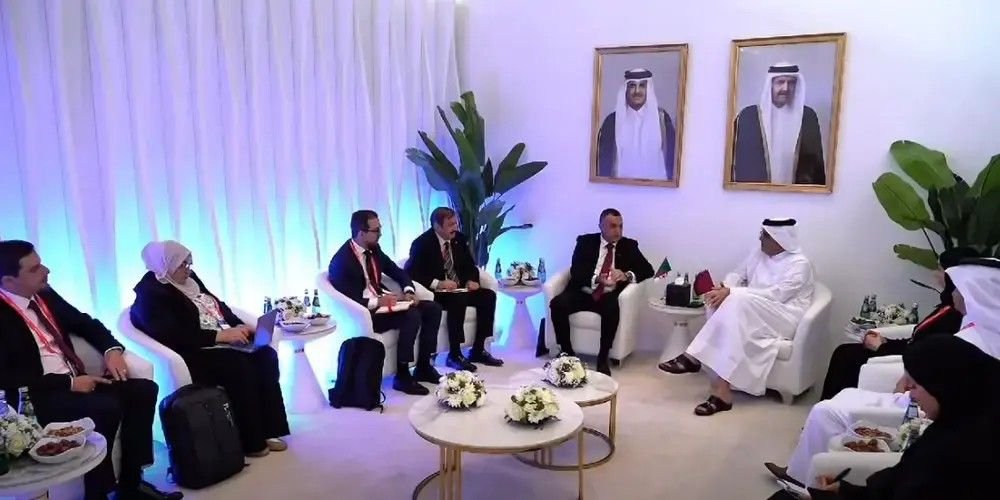Morocco ranks 105th globally in internet affordability, with more than 1.6 million citizens unable to access basic internet services, according to the latest Internet Poverty Index (IPI) report released this December. The report highlights that both men and women are equally affected by internet poverty, with around 811,106 females and 812,060 males lacking affordable internet access.
The data reveals that Moroccans face an average monthly internet cost of $4.4. The country scores 15.2 on the Big Byte Index, indicating that internet prices are significantly lower compared to the US benchmark of 100.
The Internet Poverty Index, established by the World Data Lab with support from the Internet Society Foundation, defines internet poverty as the inability to afford a basic mobile internet package. The index uses three key factors to measure affordability: affordability (limited to 10% of personal spending), quantity (1GB per month), and quality (10 Mbps download speed).
The report also highlights regional disparities in global internet accessibility. While Asia has seen remarkable improvements, reducing its internet-poor population from 418 million in 2023 to 252 million in 2024, Sub-Saharan Africa faces worsening challenges, with the number of internet-poor people rising from 523 million to 545 million in the same period.
The situation is particularly severe in countries like Chad, where internet poverty rates surged from 85% in 2023 to 96.3% in 2024. In Latin America, while Brazil saw a rise of 22 million people in internet poverty, Mexico successfully reduced its internet-poor population by 8 million.
The IPI uses a hedonic pricing model to assess global internet affordability, taking into account internet quality and socio-economic factors to determine how many people can afford to spend up to 10% of their total expenditure on basic internet access.











